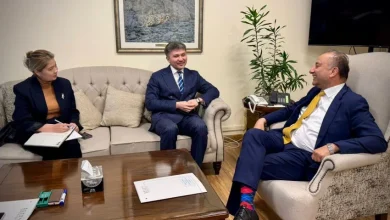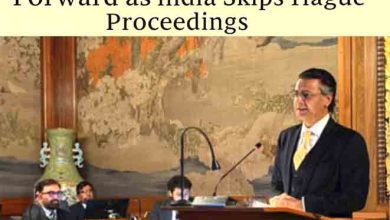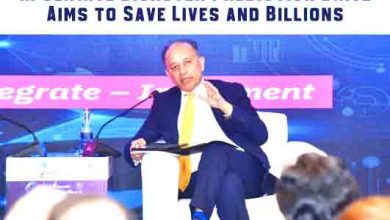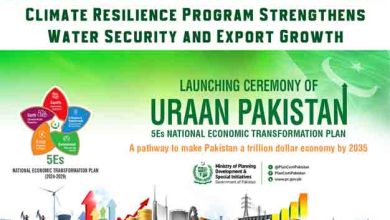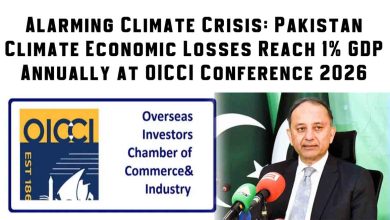Women Victims on Frontline of Devastation As Pakistan Floods
Pregnant Women Victims on Frontline of Suffering Pakistan
Islamabad: Of the 6.4 million people in need of humanitarian assistance following the Monsoon rains, floods, and landslides in Pakistan, more than 1.6 million are women of childbearing age, says a report of UNFPA. The Government of Pakistan estimates that around 33 million people across the country are affected, including an estimated 8.2 million women of reproductive age.
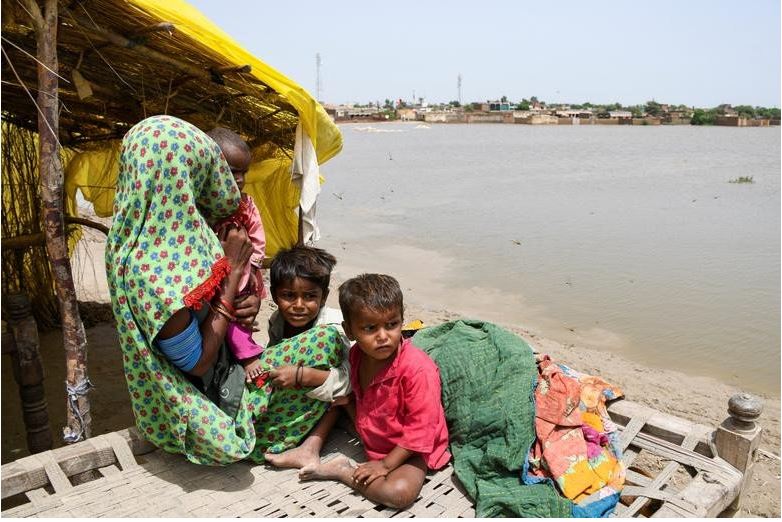
UNFPA, the United Nations Population Fund, estimates that almost 650,000 pregnant women in the flood-affected areas require maternal health services to ensure a safe pregnancy and childbirth. Up to 73,000 women expected to deliver next month will need skilled birth attendants, newborn care, and support. In addition, many women and girls are at an increased risk of gender-based violence (GBV) as almost 1 million houses have been damaged.
“Pregnancies and childbirth can’t wait for emergencies or natural disasters to be over. This is when a woman and baby are vulnerable and need the most care. UNFPA is on the ground, working with partners, to ensure that pregnant women and new mothers continue receiving life-saving services even under the most challenging conditions,” says UNFPA Pakistan Representative ai Dr. Bakhtior Kadirov.
The humanitarian situation is being compounded by severe impacts on infrastructure. More than 1,000 health facilities are either partially or fully damaged in Sindh province, whereas 198 health facilities are damaged in affected districts in Balochistan. The damage to roads and bridges has also compromised girls’ and women’s access to health facilities.
“We will continue supporting health facilities with the equipment and human resources to be fully operational despite the challenging humanitarian conditions,” said Dr. Kadirov.
UNFPA is scaling up its emergency response to provide life-saving reproductive health services and commodities, including dignity kits, for women and girls. UNFPA Pakistan has, so far, procured 8,311 dignity kits, 7,411 Newborn Baby Kits, and 6,412 Clean Delivery Kits for immediate delivery to Sindh, Balochistan, KP, and Punjab. Distribution of these kits has already started. UNFPA also provides life-saving reproductive health services across Pakistan, including referral of complicated cases during pregnancy and delivery.
The UN agency is also prioritizing gender-based violence prevention and response services, including medical and psychosocial support to survivors of GBV.
UNFP’s Pakistan Representative Dr Bakhtior Kadirov said the Agency is on ground, working with partners, to ensure that pregnant women and new mothers continue receiving life-saving services even under the most challenging conditions.
As per the report, over 1,000 health facilities have been partially or fully damaged in Sindh, whereas 198 health facilities are damaged in affected districts in Balochistan, compromising girls’ and women’s access to them.
Dr Kadirov said that the UNFPA will continue supporting health facilities with the equipment and human resources to be fully operational despite the challenges.
“UNFPA is scaling up its emergency response to provide life-saving reproductive health services and commodities, including dignity kits, for women and girls,” the report read.
Meanwhile, UNFPA Pakistan has already started the distribution of 8,311 dignity kits, 7,411 Newborn Baby Kits, and 6,412 Clean Delivery Kits for immediate delivery to Sindh, Balochistan, KP, and Punjab.
Moreover, it is also prioritising gender-based violence prevention and response services, including medical and psychosocial support to the GBV survivors.



